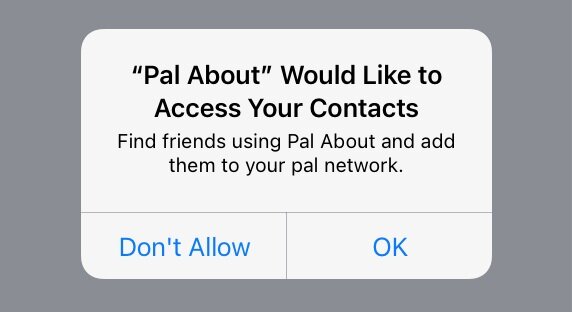It feels as if we're at the tail end of the first era of social media in the West. Looking back at the companies that have survived, certain application architectural choices are ubiquitous. By now, we're all familiar with the infinite vertical scrolling feed of content units, the likes, the follows, the comments, the profile photos and usernames, ... See more

